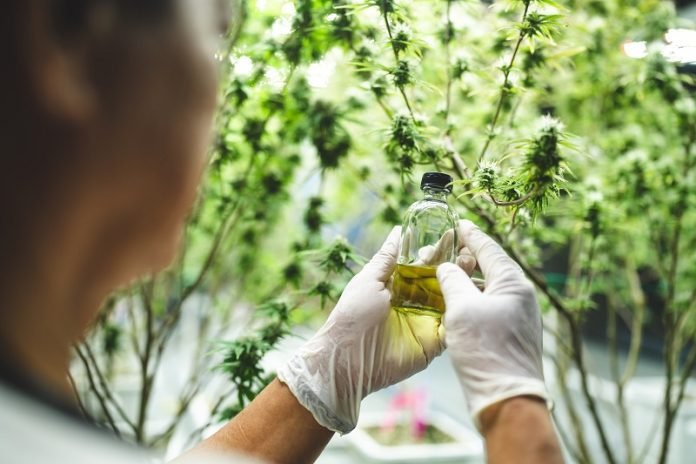
Recent research highlights a concerning trend among young marijuana users, even after experiencing episodes of psychosis.
The study, led by Neely Myers, director of the Mental Health Equity Lab at Southwestern Methodist University in Dallas, reveals that many young people are unsure about stopping marijuana use despite its known risks.
Marijuana has been linked to an increased risk of psychosis, a serious psychiatric condition where individuals lose touch with reality.
However, Myers, a medical and psychological anthropologist, notes that most young people don’t consider the negative impacts of substance use until it significantly affects them. Even then, discussing these issues can be challenging.
The study, published in the journal Early Intervention in Psychiatry, involved in-depth zoom interviews with 18 young adults aged 18 to 30. The discussions centered around their attitudes toward substance use, including cannabis.
Findings showed that while most participants acknowledged the potential benefits of reducing substance use, they were uncertain about the advantages and disadvantages of doing so.
This ambivalence is concerning, especially given the recent spike in marijuana use among teenagers, which has reached a 30-year high following widespread legalization and normalization.
The research suggests that new strategies may be necessary to help young people address cannabis use.
Participants in the study believed that support could come from peers who promote healthier alternatives or by offering different strategies to manage psychological or physical pain, rather than relying on cannabis.
This study underscores the need for more effective approaches to assist young individuals in making informed decisions about marijuana use, especially considering its potential impact on mental health.
The research findings can be found in Early Intervention in Psychiatry.
Copyright © 2023 Knowridge Science Report. All rights reserved.



